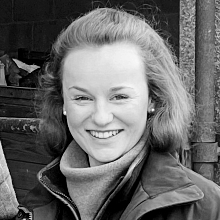Are your grazing arrangements due a spring clean?
As we head into Spring, attention for many landowners will turn to managing their pasture for another year, whether this is buying stock, mowing, or contracting out to a local grazier or contractor. In this blog post we set out the importance of ensuring you have a well drafted licence agreement in place.
As we see the long-awaited return of the longer and (hopefully) warmer days of spring and summer, many clients attention will turn to how their grassland is managed.
Whilst many of these arrangements are long standing and often agreed under the age of tradition of a handshake, it may be worth considering the arrangement in more detail to ensure that both parties are clear on the terms. This can save a lot of time, frustration and money in the long term. Having clearly defined terms and principles for any occupation is important, ultimately your land is a valuable asset, nowhere else would you allow someone onto your property for a period of time without a written agreement.
The most suitable form of written agreement for this scenario is a grazing licence which grants rights to graze and mow the land from one party to another for a defined period of time. The licence should cover a maximum period of 12 months and will detail clauses in relation to the rights of either party and how the land is to be managed during the licence period. Careful drafting of a licence agreement is essential to ensure the parties are aligned on their respective requirements. Examples of clauses to consider when drafting a grazing licence may include whether water is available on the land and which party is (wholly/partially) responsible for the cost of the supply, the suitability and number of livestock the land is able to accommodate and who is responsible for the upkeep of the fencing and gates.

There are financial implications too
A licence agreement has many advantages for both the licensor and licensee and not just in the event of a dispute. For the licensor, there are potential tax and income benefits to having a formal agreement in place.
With a licence agreement, the landowner is still able to claim agricultural subsidies, such as the Sustainable Farming Incentive (SFI) or Countryside Stewardship, whilst the grazier has no commitment to the land beyond the right to graze or take a hay/silage cut.
An important benefit of a written licence is that the landowner is able to use the agreements as evidence that the business is trading when potentially making a claim for Agricultural Property Relief (APR) from Inheritance Tax. This is because land subject to a grazing agreement can be classified as being actively farmed as the agreement creates a relationship with the grazier whereby, they are buying the grass from the landowner.
In order to claim APR, it is important for the landowner to be seen as the active farmer, rather than the grazier. This can be achieved by the landlord being responsible for actively producing the grass crop through the fertilisation, seeding and weed control of the land. Where possible, the landowner should be responsible for some of the day-to-day animal husbandry, such as checking the grazier’s stock daily. Keeping record of expense and time, through retaining relevant receipts and documents, or even keeping a diary, will serve as good evidence.
It is important to seek a well drafted, up to date agreement to ensure the terms reflect the ever-evolving legislation. In addition, the parties must be careful to ensure they undertake the works stated, such as the landowner undertaking management and keeping the relevant records to demonstrate this, ensuring a strong case for an APR claim as well as inadvertently creating a tenancy agreement rather than the original intention.
When letting land, we will ensure that the most suitable form of agreement is selected to maximise the land's potential.
Want to find out more?
We have lots of experience negotiating and drafting licence agreements, as well as other farm occupation agreements. We would be happy to answer any queries so please do pick up the phone and speak to one of the team.
Valuable advice from our Property Consultants
Would you like us to send you a quick email when we publish our next article?
We'll help you make the most of your property assets.
Other Recent Articles
View all
Agricultural Grant Scheme Launched for Hedgerows and Boundaries
The deadline for applications is 30 April. Benefits may be obtained for capital items such as hedge planting, laying and coppicing, earth bank restoration stone-faced bank repair and restoration, and stone wall restoration. A woodland […]
Find out more
How to gain planning permission -- a view from both sides of the fence
Having joined Hobbs Parker Property Consultants six months ago, with nearly 30 years’ planning experience gained at Canterbury City Council and local authorities, Steve Davies gives an insight into the world on both sides […]
Find out more
What does Brexit mean for the whole planning system?
It’s been impossible to get away from the issue of the European Union referendum and the vote to leave. However, it’s important to consider what it might mean for the whole planning environment and how […]
Find out more
Would you gamble £40,000 to win £1,000,000?
Find out more
DEFRA Capital Grants Update
Find out more
Outlook - Spring 2025
Find out more
Outlook - Winter 2024
We review changes to APR and BPR post-April 2026 and look at headline changes to the farming budget and the future of government schemes. Plus, news of recent planning successes.
Find out more
Call for sites with development potential in Swale, Gravesham, Folkestone and Hythe
Local councils are asking landowners to identify any land they wish to be considered for development through their ‘Call for Sites’ planning process.
Find out more
Outlook - Autumn 2024
Learn about Labour’s planning reforms and what the ‘new towns’ proposal might mean for the growth of Ashford.
Find out more
Outlook - Summer 2024
Top tips for selling land from Matthew Sawdon. Charlotte Bromley reviews changes to Permitted Development Rights and advice from Jon Rimmer and Sam Snart on battery storage developments.
Find out more
Significant changes to Permitted Development Rights announced
From 21 May 2024 a number of changes will be made to the Town and Country Planning (General Permitted Development) (England) Order (GDPO). The changes relate to existing permitted development rights which allow for agricultural […]
Find out more
Flurry of farms kickstart the Spring market
Following a record year in 2023 for our Farms and Land Agency team, we are delighted to be launching several farms in Kent and East Sussex this Spring.
Find out more
Are your grazing arrangements due a spring clean?
As we head into Spring, attention for many landowners will turn to managing their pasture for another year, whether this is buying stock, mowing, or contracting out to a local grazier or contractor. In this […]
Find out more
The End of the Four-Year Rule
The rules around how long a development needs to have taken place to become lawful are about to change. Often, works are mistakenly carried out without the benefit of planning permission.
Find out more
Considering selling your farm or land? Read our top tips first
Now Spring has officially arrived, the rain has (hopefully!) slowed down, and demand for farms and land remains strong in the South East, we share our tips for selling.
Find out more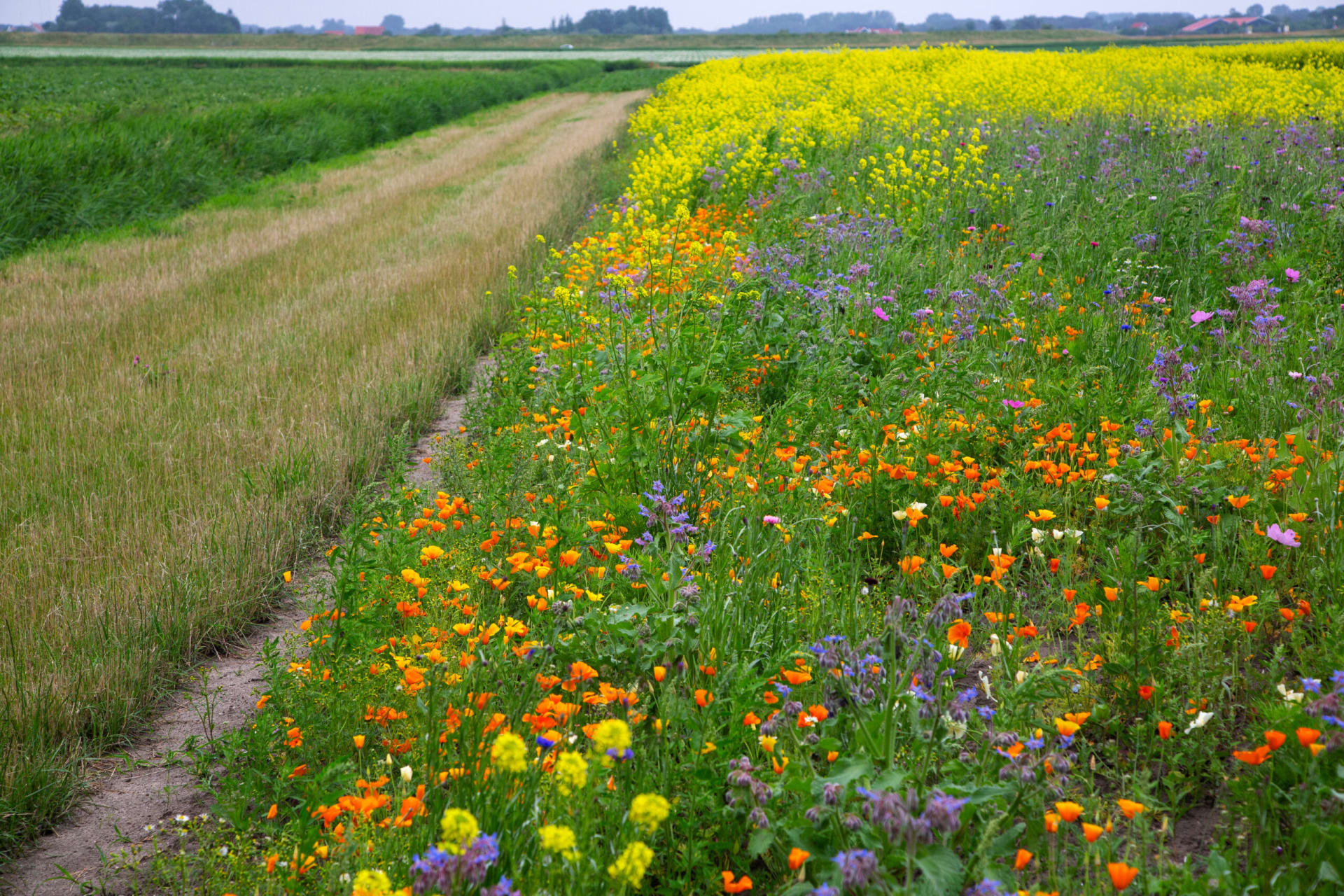
Government Announcement on Agricultural Property Relief (APR)
Welcome news on APR with the inclusion of farmland in environmental schemes
Find out more
Delinked Payment Transfer Window Opens
The transfer window for delinked BPS payments is now open until the 10th May 2024.
Find out more
More grant funding released for Farm Productivity and Animal Welfare
Following the Prime Minister’s address to the National Farmers Union conference, Defra have announced the eagerly anticipated 2024 round of the Farming Equipment and Technology Fund (FETF).
Find out more
Rishi Sunak makes announcement at NFU Conference
The Prime minister used his speech at the National Farmers Union (NFU) Conference to pledge his government support for British Agriculture with a focus on further support and policy changes to assist with diversification and […]
Find out more
Outlook - Spring 2024
Valuable information about Biodiversity Net Gain (BNG), farm grants and support and the farmland sale market in 2024.
Find out more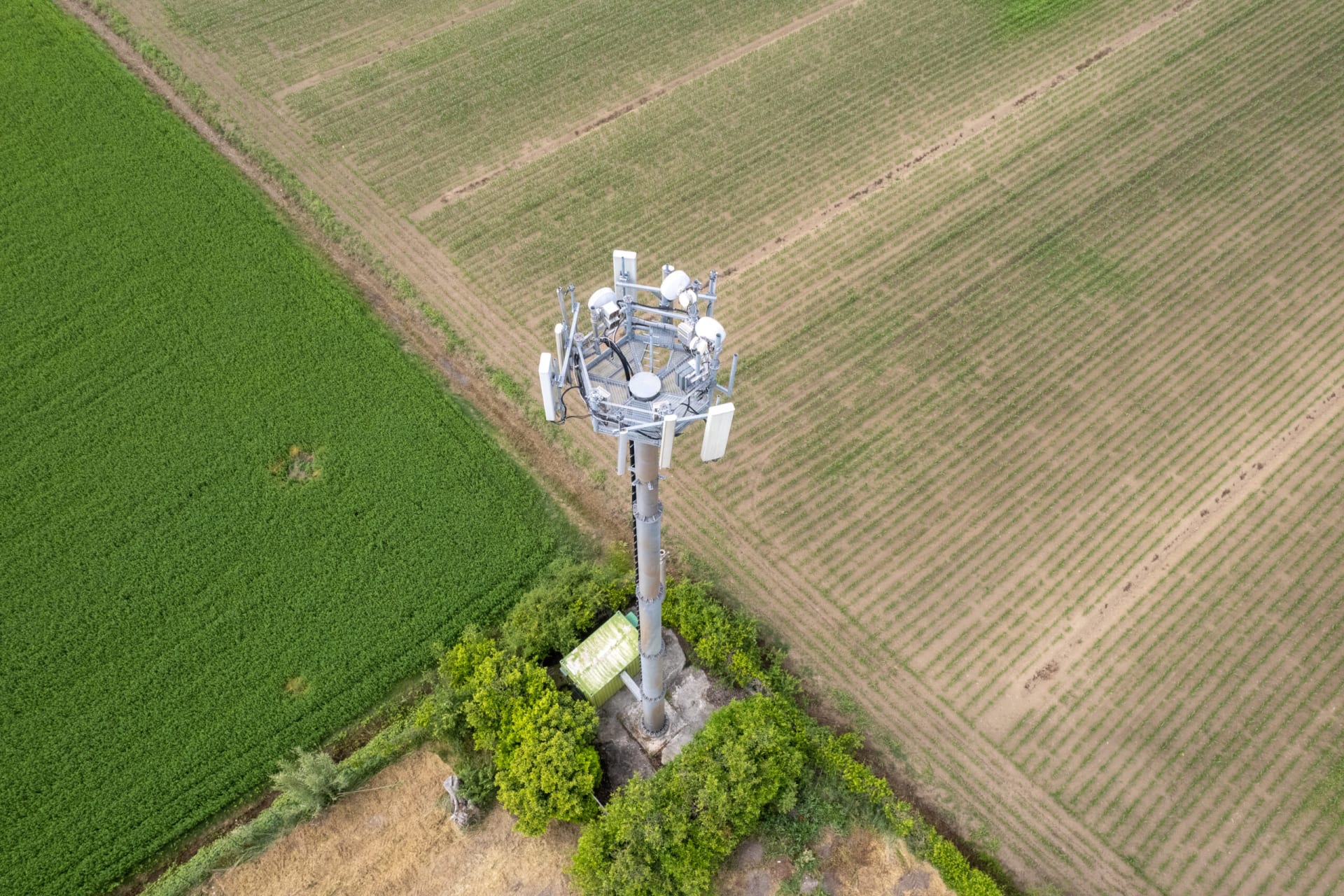
Outlook - Winter 2023
Important updates regarding Agricultural Property Relief, Red Book reports for IHT valuations, telecoms masts and planning successes in 2023.
Find out more
Ashford Borough Council opens 'Call for Sites' Consultation
Ashford Borough Council is seeking suitable sites for inclusion in their Local Plan Review. Landowners have until the 20th November 2023 to put land forward for potential development.
Find out more
Sustainable Farming Incentive (SFI) applications open in September
DEFRA has announced that SFI applications will open on the 18th of September 2023. Below we have highlighted some of the key points and considerations.
Find out more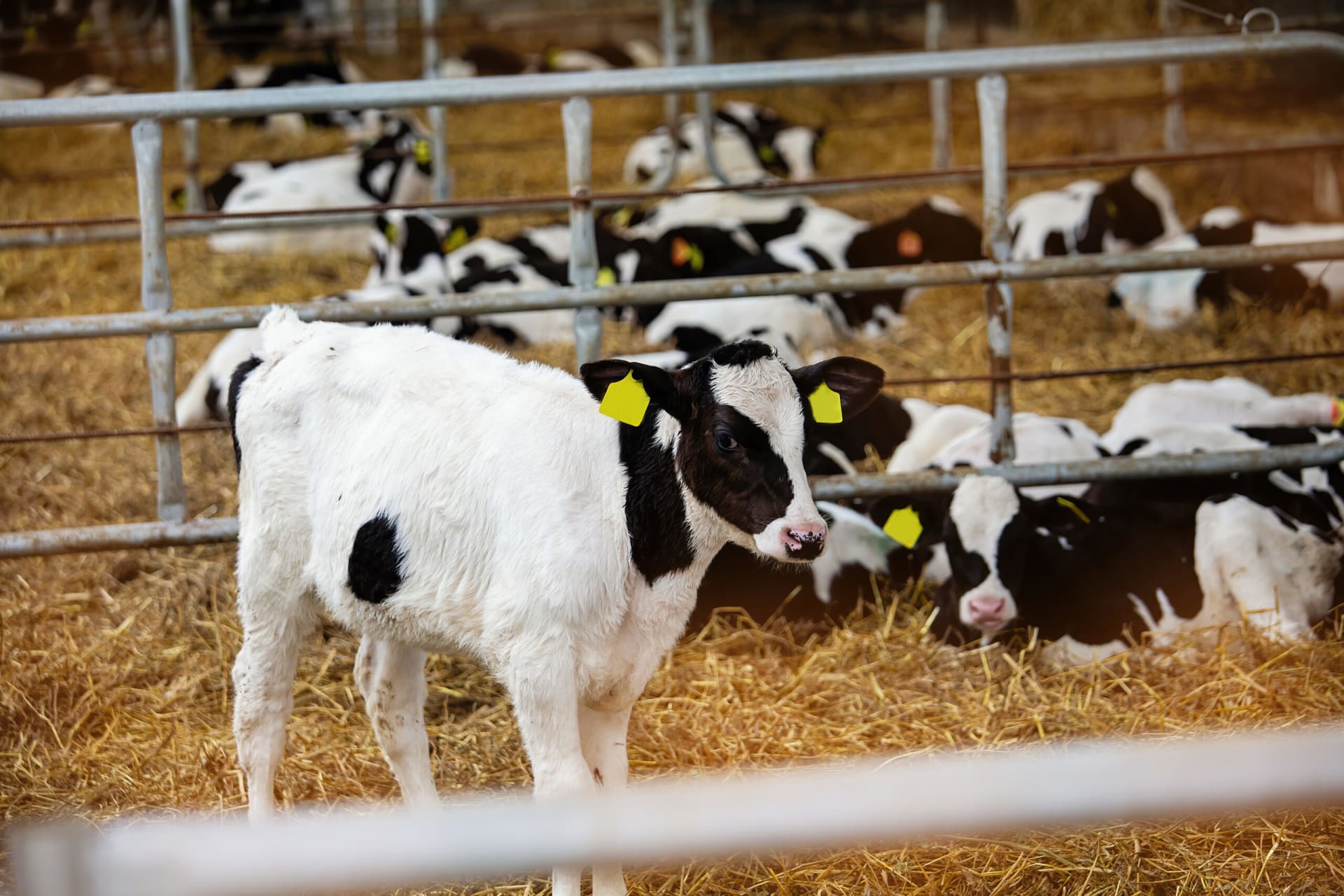
Outlook - Autumn 2023
Expansion of Permitted Development Rights, developments on the Sustainable Farming Incentive and news of grants for cattle farmers
Find out more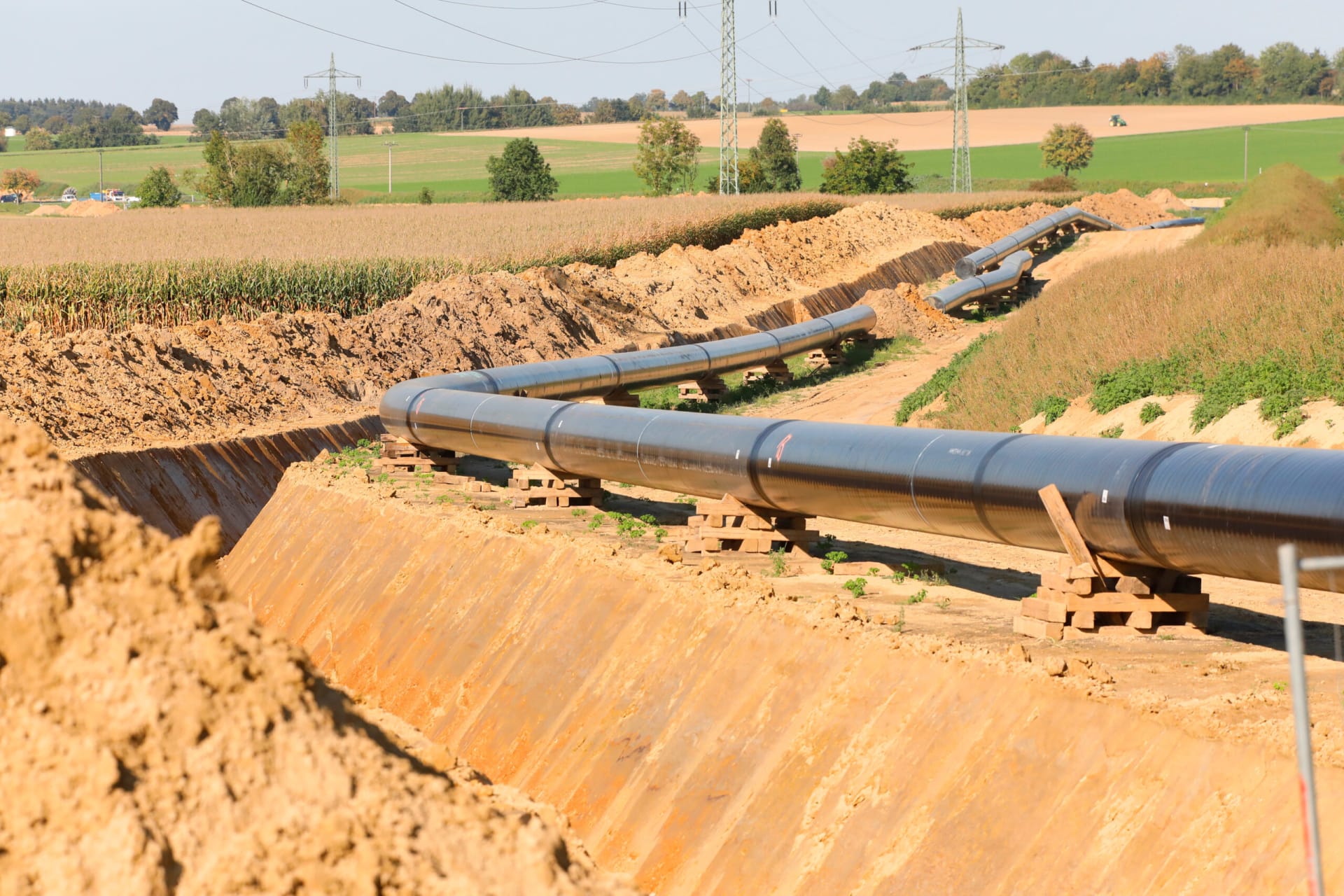
What to do when a utility company wants access to your land
There is no excerpt because this is a protected post.
Find out more
Unleashing Rural Opportunity – A Government charm offensive?
Defra has released its vision for unleashing rural opportunity covering planning, connectivity, employment and transport.
Find out more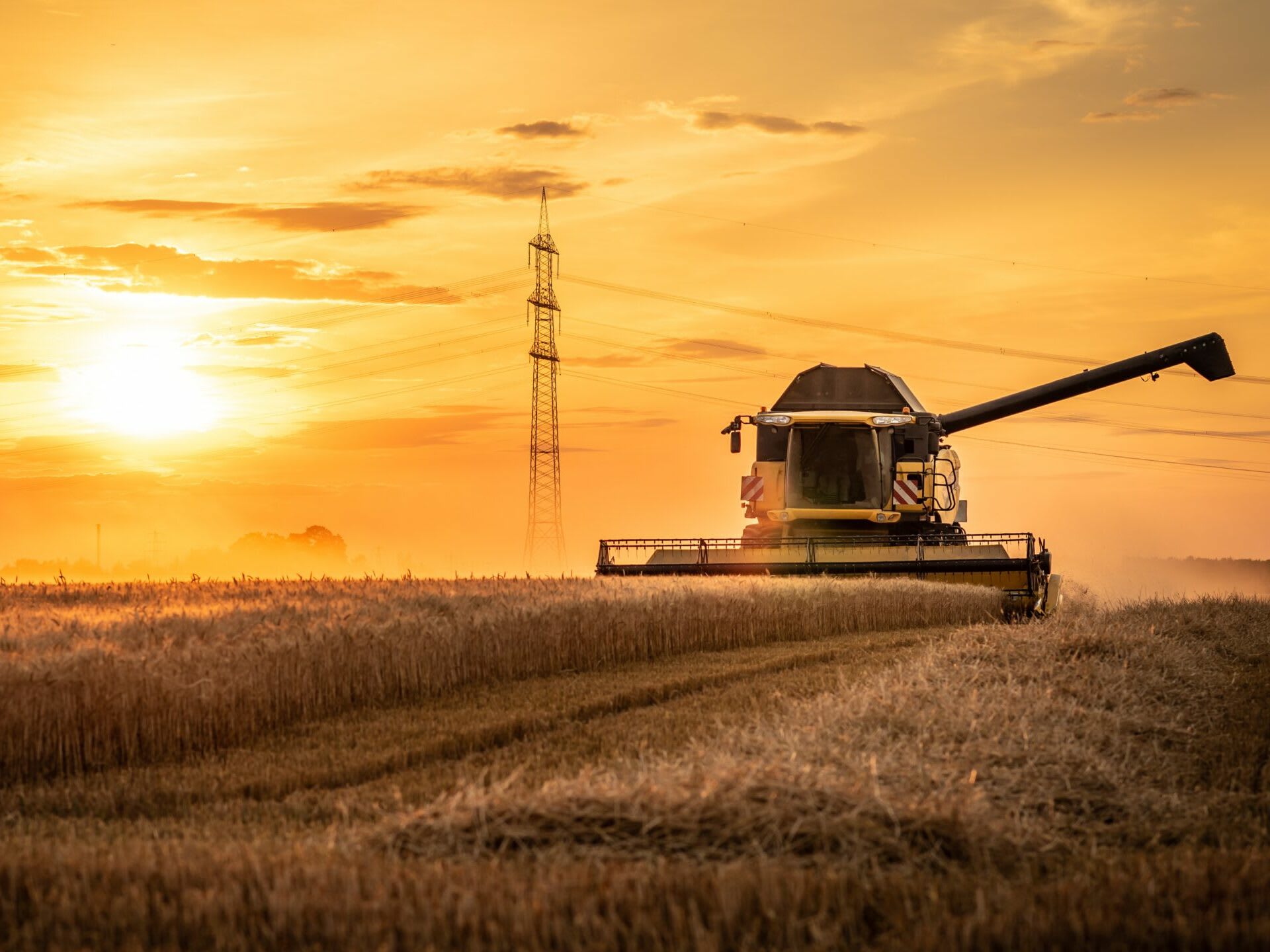
The Delinking of Basic Payment Scheme (BPS) Payments
2023 marks the end of BPS payments in their current form, with Defra introducing “delinked payments” in 2024 as English agricultural policy continues its transition away from the EU’s model of financial support.
Find out more
Water Management Grant for Arable or Horticultural Businesses is now Open!
Defra has announced that the first stage of its Water Management Grant is now open for applications. Grants of up to £500,000 are available to improve water efficiency and secure water supplies for crop irrigation.
Find out more
Farming Equipment and Technology Grant - Round 2 announced!
Defra has announced the second round of the popular Farming Equipment and Technology Grant, offering grants of up to £25,000 towards items that will improve agricultural sustainability, horticultural and forestry productivity, and improve animal welfare.
Find out more
BPS Entitlement trading window now open!
This year is the last year in which BPS entitlements can be traded with de-linkage set to be introduced from next year.
Find out more
New standards added to the Sustainable Farming Incentive Scheme
DEFRA announces further developments for the Sustainable Farming Incentive (SFI) and Countryside Stewardship Schemes. The schemes offer new funding opportunities for farmers.
Find out more
Changes to Countryside Stewardship and ELM's
After months of political uncertainty, new prime ministers and cabinet reshuffles, the Government wheels are starting to turn again. The backlog of policy is beginning to come through.
Find out more
Steve Davies and Elizabeth Welch promoted to Associate Directors
These promotions reflect our fantastic commitment to providing our clients with the best planning advice.
Find out more
Calling all pig, beef and dairy farmers - slurry infrastructure grant open
Grants of up to £250,000 are now available to help farmers increase slurry storage capacity.
Find out more
BPS Lump Sum Exit Scheme
Open for applications until the 30th of September 2022. To be Eligible you must have: claimed and be eligible, for BPS payments in the 2018 scheme year or in an earlier scheme year or inherited […]
Find out more
Development Sites
We are currently in the process of marketing a site for 87 new homes on the edge of New Romney at a guide price of £5,000,000. The market is strong for this type of development […]
Find out more
Tax Advice
It can be as simple as ensuring you and your professional advisors truly understand the overall strategy to ensure you (or your beneficiaries) stand to benefit when the time comes. This can be maximising value […]
Find out more
Land market remains strong
Farmland values have now reached their highest level since 2016, with the average value of good arable land currently in the region of £9,500 per acre. There continues to be wide variations in prices being […]
Find out more
Sustainable Farming Incenitive (SFI) to launch in June
DEFRA have confirmed that the Sustainable Farming Incentive (SFI) will launch in June 2022. We will continue to publish more detailed information once the scheme details are released. Here is an overview of the first […]
Find out more
Woodland Creation Grants - Up to £8,500 per hectare
Woodlands are a unique asset with potential to provide a variety of benefits for their owners and users. Converting marginal or unproductive land into new woodland could create a new income stream for farmers and […]
Find out more
Opportunities and challenges ahead
However, with these new opportunities, come challenges as the agriculture sector faces increasing demand to reduce its carbon footprint, whilst inflationary pressures are making everyday business more challenging. Here we look at some of the […]
Find out more
Increased payments for Countryside Stewardship Schemes (CSS)
DEFRA has announced that payment rates for many Countryside Stewardship revenue options will increase by up to 30%. This is for both existing and new agreements.
Find out more
Local Nature Recovery (LNR) and Landscape Recovery (LR)
These recent announcements focus on Local Nature Recovery (LNR) and Landscape Recovery (LR), together with some good news in respect of Countryside Stewardship revenue payments.
Find out more
DEFRA release details of the Sustainable Farming Incentive (SFI) rollout 2022
The proposed rollout is the first element of the Environmental Land Management Scheme (ELMS). The agreements will last 3 years, with payments made quarterly. There will be no minimum or maximum land areas and applicants […]
Find out more
Development land market in the pandemic
Well as it happens, I am pleased to say that Jon Rimmer, Sam Snart and I have been incredibly busy, and the development world has kept on turning. It’s populated by optimistic, resourceful and determined […]
Find out more
Vicky Phillips passes the RICS Expert Witness Certificate
For those outside of the legal profession, there are few venues in everyday life more daunting than the courtroom. This applies if you are there as one of the parties, seeking for a Judge or […]
Find out more
Sustainable Farming Incentive
The first phase is due to be rolled out to all BPS claimants from mid-2022 with a full launch in 2024. Payments will be in addition to the Basic Payment Scheme and the SFI is […]
Find out more
Timbeeeeeeeer!
DEFRA have brought in a reverse auction system whereby landowners seeking to create woodland in England over the next 30 years can bid to secure government issued carbon credits, through competitive bidding to establish a […]
Find out more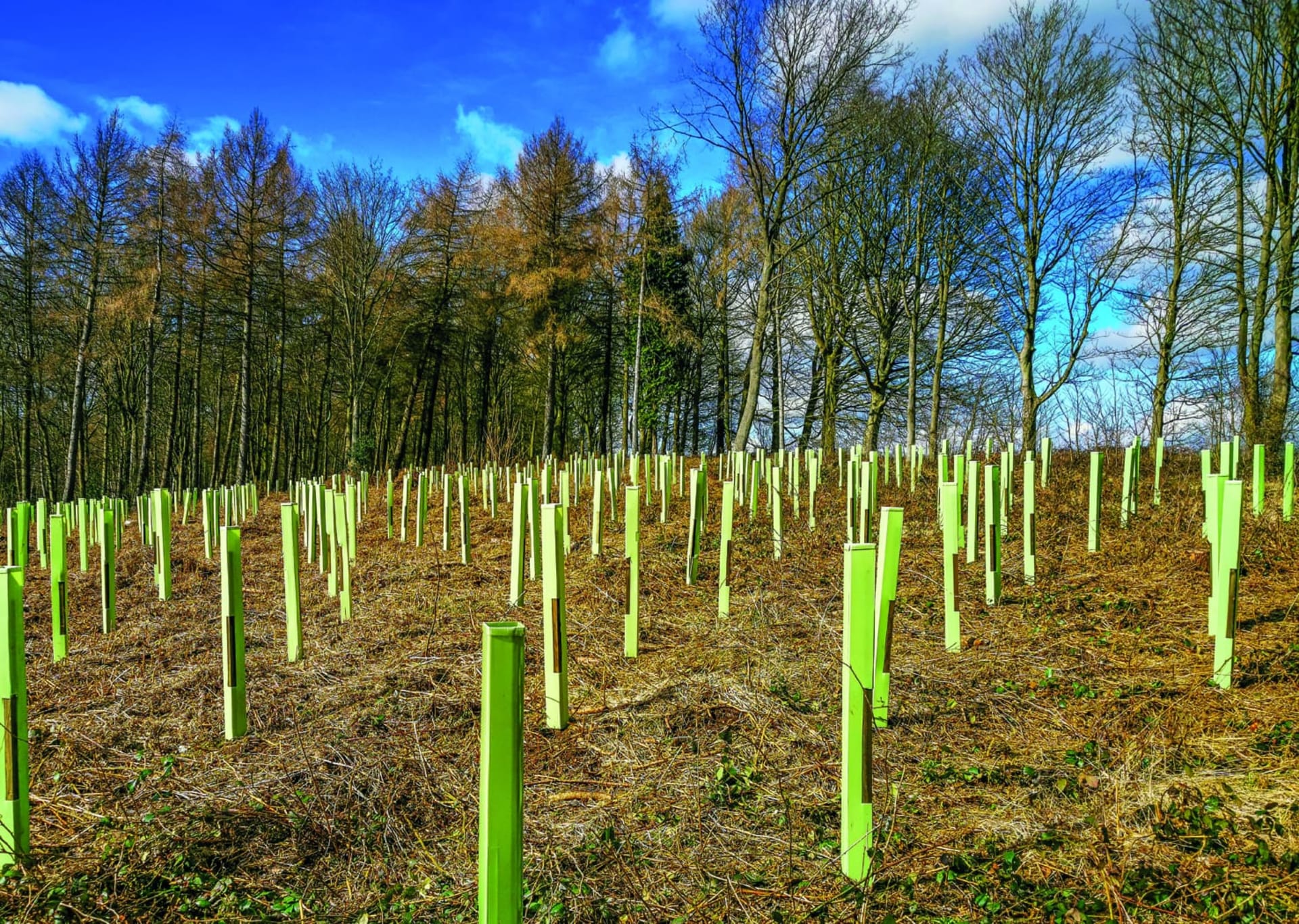
Rewilding in Agricultural Tenancies
Most existing agricultural tenancies will not properly capture these opportunities so it is important for landlords and tenants to discuss and agree who might ultimately benefit from any new arrangements relating to biodiversity gain, nutrient […]
Find out more
New grant scheme targets AONBs and National Parks
The scheme is for one-off projects which: support nature recovery mitigate the impacts of climate change provide opportunities for people to discover, enjoy and understand the landscape and its cultural heritage support nature-friendly, sustainable farm […]
Find out more
Biodiversity Net Gain - what we know so far
The Environment Bill of 2018 contained a proposal by the Government to make this a mandate to be demonstrated by all development proposals in order to obtain planning permission. It is now identified as policy […]
Find out more
Rights of Way
As England entered Lockdown 3.0, despite the weather, the ‘daily walk’ once again came to the fore as a valuable source of respite. While it’s great to see people enjoying the countryside, the flip-side for […]
Find out more
Rent review - Is now the time?
Tenants are reluctant to seek a rent review for fear of upsetting a longstanding relationship with their landlord, and many landlords want to agree a compromise to maintain a sustainable relationship going forward. Rent formulas […]
Find out more
More powers to tenants
Years of lobbying by the Tenant Farmers Association (TFA) has finally resulted in successful amendments to The Agriculture Act to make retirement and succession under old farming tenancies easier. Here’s a few areas that have […]
Find out more
The Importance of Place Making – Will A National Design Code Assist?
The main criticism of new development is that it does not create the quality of environment that we like. We all have our favourite places to visit, the place where the mix of buildings and […]
Find out more
Grants and Subsidies
Through the agricultural transition plan, the Government sets out its vision. It’s a useful starting point, although currently it does not provide all the answers and we await detailed, costed guidance. WHAT IS CURRENTLY AVAILABLE? […]
Find out more
Is your business ready for the Agriculture Bill?
The time immortal words of Mark Twain continue to strike a chord as Britain’s second agricultural revolution starts to take shape. We now know BPS is going, and much faster than expected. The first £30,000 […]
Find out more
The Agricultural Transition Plan – Is your business prepared?
Plans to deliver a fairer farming system were set out by the government on the 30th October with the release of the “Agricultural Transition Plan”. The plan will transform the way farmers are supported from […]
Find out more
What a year!
We have continued to support and advise our clients, whether this is in the livestock market, selling property, or undertaking professional work. We have a great team of professionals and they have worked hard to […]
Find out more
Stour Catchment Planning Update
In July 2020, Natural England issued water quality advice that had an immediate impact on planning applications for new homes located within the Stour Catchment, although it took until late September for Local Authorities to […]
Find out more
All change for the land market?
In a past and present of uncertainty and volatility; and with increasingly negative media speculation in relation to the future economy, perhaps now is the time to sell up and move on? We have been […]
Find out more
Public money for public goods
Currently applications for Countryside Stewardship will remain open until 2023. After which it is mooted that a Sustainable Farming Incentive (SFI) may be introduced to bridge the gap between the end of the Basic Payment […]
Find out more
Kent and East Sussex - Local Plan updates and deadlines
Local plans are important planning policy documents which are used to guide development to certain areas. These plans take a long time in the making, which means that there are only certain times in perhaps […]
Find out more
Have your say now on the new Environmental Land Management Scheme (ELMS)
As part of this, the Department for Environment, Food & Rural Affairs (Defra) has opened a public consultation on the proposed new Environmental Land Management Scheme (ELMS). This will be DEFRA’s cornerstone agricultural policy paying […]
Find out more
Land and property market has woken up
The Friday after the General Election, when we woke up to an 80-seat majority for the Conservatives, three and a half years of weak government came to an end. And with it a large dose […]
Find out more
Delinking could drive diversification and land sales
Delinking looks set to be a major change of the Agriculture Bill as payments to current recipients will no longer be conditional on remaining in farming. Consultation on this issue is expected later this year, […]
Find out more
What's the future for the Basic Payment Scheme?
The phasing out of the Basic Payments Scheme (BPS) will be one of the biggest challenges for farmers and landowners when the Agricultural Bill is introduced. Nothing major will change for 2020 as payments will […]
Find out more
Agricultural Property Relief - Don’t let the taxman harvest more than his due
The first-tier tribunal decision in Charnely vs HMRC centred on to what extent a 79-year-old Lancashire farmer could be considered to have been actively farming at the time of his death. Broadly, HMRC argued he […]
Find out more
Agriculture Bill - What could it mean for landowners and farmers?
Our attention must be on the Agriculture Bill, which the Government hopes to have in place by the spring to allow the country to develop its own agricultural policy. Change is the only certainty; the […]
Find out more
Wanting to plough your grassland?
The Environmental Impact Assessment (Agriculture) (EIA) Regulations came into force in 2006 with the aim of protecting environmentally significant areas from being damaged by agricultural works. Broadly speaking, where agricultural land has not been physically […]
Find out more
Rural Funding Opportunities
Defra has confirmed £35 million of funding will be made available to rural businesses under the RDPE Growth Programme. A share of the Rural Development Programme money – minimum level £20,000 – is available to […]
Find out more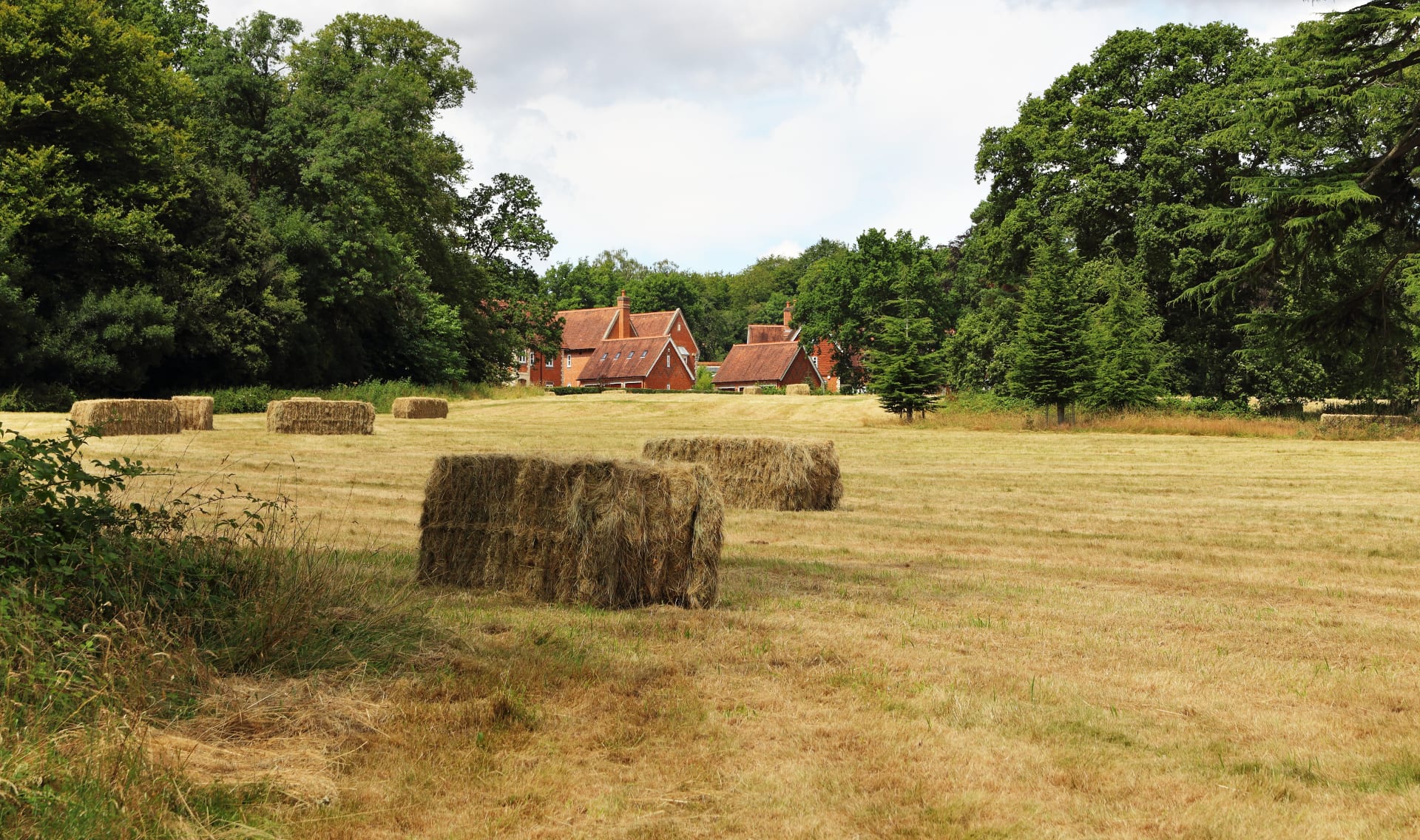
Agricultural Occupancy Condition
Family decisions from days gone by can have a lasting impact on farms today, as has recently been discovered by a number of families who have found reason to ask Hobbs Parker Property Consultants for […]
Find out more
Inheritance Tax Review
While the government continues to muddle through Brexit, and the opposition is busy publishing “Land for the Many” suggesting much wider and more radical reforms, in the background the Civil Service continues to quietly review […]
Find out more
How to protect your land from the creation of new rights of way
While everyone should be able to appreciate and enjoy the British countryside, public access causes a range of issues and it is in landowners’ interest to prevent new routes being created. Increasing levels of dog […]
Find out more
Otties Farm - New Dairy for yoghurt and cheese making
Three generations have worked the land at Ottinge since the turn of last century. The rolling green hills of the Elham Valley make for perfect dairy country and so the cows arrived to the pastures […]
Find out more
The farming voice must be heard for a Green Brexit
The beginning of May sees the deadline for Kent landowners and farmers to give their views on DEFRA’s ‘Health & Harmony: The Future for Food, Farming and the Environment in a Green Brexit’. If adopted, […]
Find out more
Planning permission granted for 14 homes in Whitfield
Proposals to build 14 high quality homes at Whitfield have been given the go-ahead by Dover District Council. Permissions for the new four and five bed properties was secured by Hobbs Parker Property Consultants, with […]
Find out more
How to make the best of a Compulsory Purchase Order
As a result there is likely to be an ongoing demand to use compulsory purchase powers (CPOs) to make it all happen – and that can often be difficult for the landowner unless they’ve got […]
Find out more
Permitted development in town centres
Potential planning changes could have implications for our town centres, which is timely given the ongoing crop of high profile retail administrations. The Government consultation on Permitted Developments Rights covering the upward extensions of buildings […]
Find out more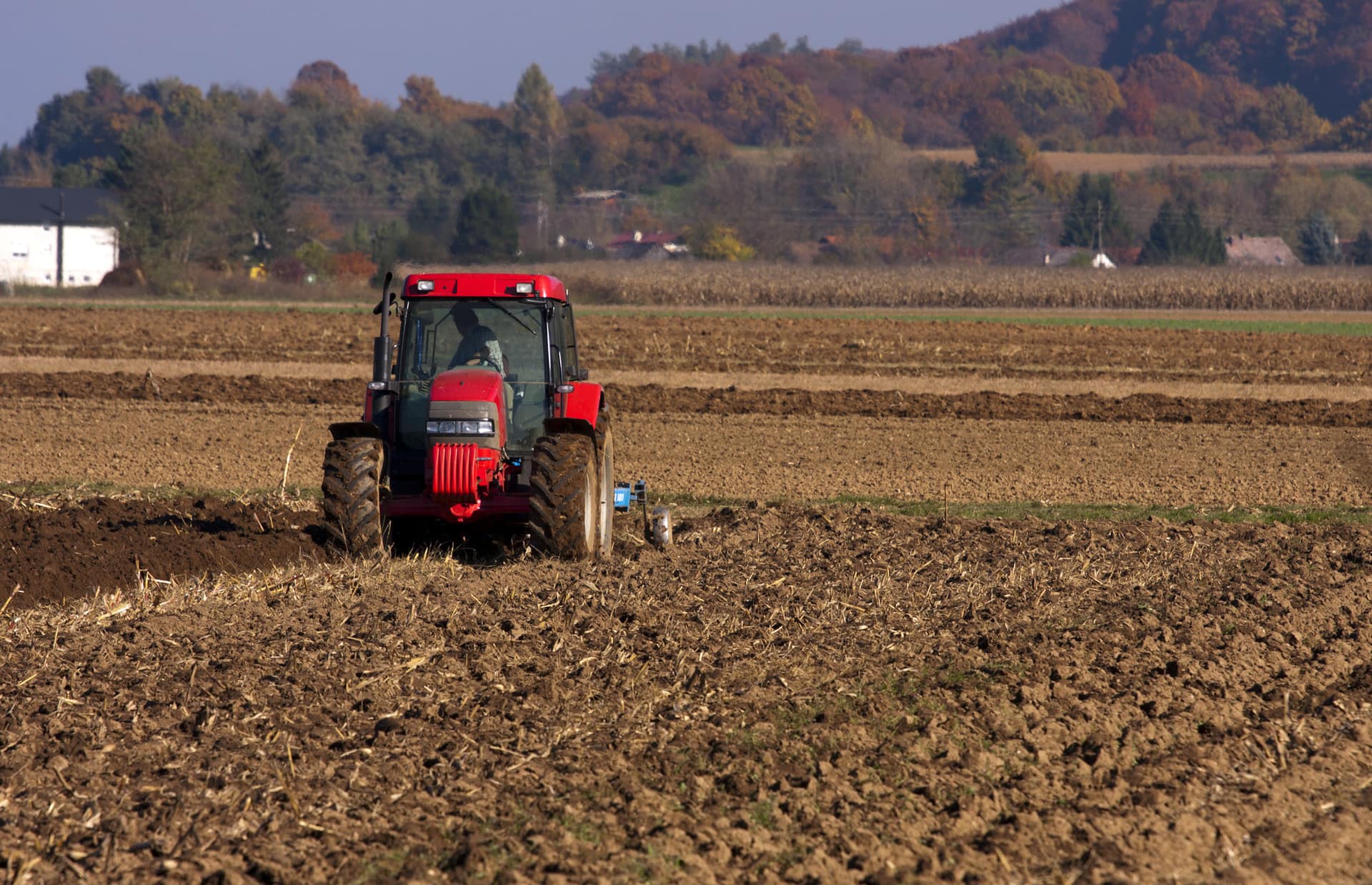
Tenancy planning for landowners
As politicians continue to wrestle with Brexit, there is obviously significant uncertainty. What we do know is that Brexit – if it happens – will bring changes, and landlords and tenants alike should be prepared. There could be changes to financial […]
Find out more
Netflix linked with move to Ashford?
The possible plans for a European filming hub presented recently to Ashford Borough Council could transform the long-abandoned Newtown railway works into seven state-of-the-art film studios. If the project goes ahead, the studios could sit […]
Find out more
Thinking local is the answer when planning to develop
Successful development is often about having the right land in the right place, but when it comes to the right timing, the progress of the Local Plan process can often make or break a deal or decision. With districts […]
Find out more
Housing secured in the Green Belt
A Grade II-listed oast house and associated farm buildings will be transformed into six homes after Sevenoaks District Council gave the green light for the development at Foxbury Farm, Stone Street, near Seal. Permission has been given to convert the […]
Find out more
National Planning Policy Framework update
The redesign of the National Planning Policy Framework (NPPF) has given councils greater powers to promote housing. However, the Government can now punish councils if they don’t deliver the presumption in favour of sustainable development. The reality is most authorities, cashstrapped by […]
Find out more
Vicky Phillips returns to Hobbs Parker's Property Consultants team
Having reached the position of Partner in her previous role at a national firm, Vicky has a wealth of experience in farm, land and estate valuations in the south-east and nationally, for private client, high […]
Find out more
Change of use and permitted development to support the high street
‘Planning Reform: Supporting the high street and increasing the delivery of new homes’, published by the Ministry of Housing, Communities and Local Government, consults on possible new permitted development (PD) rights which could make it easier to change the use of buildings […]
Find out more
Hobbs Parker welcomes new Senior Planner to the team
Senior Planning Consultant Elizabeth Welch joins the team after almost a decade at Dover District Council. Prior to her local authority work, Elizabeth has worked at Bovis Homes, Barton Wilmore and Ward Homes. She is a fully qualified Chartered Town Planner […]
Find out more
Inheritance tax relief for farm businesses
It is not uncommon for farm businesses to shy away from Inheritance Tax planning, as it is sometimes controversial within families, and almost always time-consuming. However, a proactive approach is vital in tax planning to ensure eligibility for relevant reliefs. Farm […]
Find out more
Solar farms advice for landowners
The key advancement is the reduction of installation costs and increase in efficiency of the solar panels. The average installation is priced at around £600,000 per MW compared to £1.4m in 2011, and wholesale energy prices are still […]
Find out more
Green plans could mean red light for development
Ashford-based Hobbs Parker Property Consultants LLP (HPPC) is concerned that if confirmed DEFRA’s consultation about development delivering a bio-diversity net gain will introduce an additional requirement on developers that will need to be addressed from […]
Find out more
A development opportunity half done!
Congratulations, you did it. Your local authority has granted you planning permission for development. It’s in your hand, signed. The corks are popping! Hold on just a minute, because as well as you’ve done so far, […]
Find out more
19 New Development Sites for Ashford
The draft local plan was put out to consultation last year. It has been reviewed by the Council and the latest version of the plan is due to be put to the Council’s cabinet with […]
Find out more
Planning to succeed
As a result, development can be difficult, especially for housebuilders, as many local communities fail to recognise the need to increase the demand of the growing population. The Government, which is publicly committed to delivering a […]
Find out more
Could the latest business rates revaluation hit your pocket?
Farm buildings and agricultural land will continue to be exempt from business rates as long as they are being used for agriculture. However, many farmers may have diversified since the last revaluation in 2010 and […]
Find out more
Is now the right time to diversify?
As well as developing your business plan and securing the necessary finance, many face the challenge of avoiding lengthy and costly planning applications, especially with many farms being in the AoNB or close to SSSIs […]
Find out more
Favourable exchange rate brings timely relief to farmers
Recent forecasts for net farm income for all farm types for the year to March 2016 are down by 25 per cent, equivalent to an average of £13,000. The 2016 exchange rate for this year’s […]
Find out more
Permitted Development Rights for rural buildings
The current legislation offers an excellent opportunity to farmers and landowners to quickly and cost-effectively secure planning permission for new dwellings in rural areas. It applies to buildings up to 450m2 in area and/or three […]
Find out more
Agricultural Grant Scheme Launched for Hedgerows and Boundaries
The deadline for applications is 30 April. Benefits may be obtained for capital items such as hedge planting, laying and coppicing, earth bank restoration stone-faced bank repair and restoration, and stone wall restoration. A woodland […]
Find out more
How to gain planning permission -- a view from both sides of the fence
Having joined Hobbs Parker Property Consultants six months ago, with nearly 30 years’ planning experience gained at Canterbury City Council and local authorities, Steve Davies gives an insight into the world on both sides […]
Find out more
What does Brexit mean for the whole planning system?
It’s been impossible to get away from the issue of the European Union referendum and the vote to leave. However, it’s important to consider what it might mean for the whole planning environment and how […]
Find out more
Would you gamble £40,000 to win £1,000,000?
Find out more
DEFRA Capital Grants Update
Find out more
Outlook - Spring 2025
Find out more
Outlook - Winter 2024
We review changes to APR and BPR post-April 2026 and look at headline changes to the farming budget and the future of government schemes. Plus, news of recent planning successes.
Find out more
Call for sites with development potential in Swale, Gravesham, Folkestone and Hythe
Local councils are asking landowners to identify any land they wish to be considered for development through their ‘Call for Sites’ planning process.
Find out more
Outlook - Autumn 2024
Learn about Labour’s planning reforms and what the ‘new towns’ proposal might mean for the growth of Ashford.
Find out more
Outlook - Summer 2024
Top tips for selling land from Matthew Sawdon. Charlotte Bromley reviews changes to Permitted Development Rights and advice from Jon Rimmer and Sam Snart on battery storage developments.
Find out more
Significant changes to Permitted Development Rights announced
From 21 May 2024 a number of changes will be made to the Town and Country Planning (General Permitted Development) (England) Order (GDPO). The changes relate to existing permitted development rights which allow for agricultural […]
Find out more
Flurry of farms kickstart the Spring market
Following a record year in 2023 for our Farms and Land Agency team, we are delighted to be launching several farms in Kent and East Sussex this Spring.
Find out more
Are your grazing arrangements due a spring clean?
As we head into Spring, attention for many landowners will turn to managing their pasture for another year, whether this is buying stock, mowing, or contracting out to a local grazier or contractor. In this […]
Find out more
The End of the Four-Year Rule
The rules around how long a development needs to have taken place to become lawful are about to change. Often, works are mistakenly carried out without the benefit of planning permission.
Find out more
Considering selling your farm or land? Read our top tips first
Now Spring has officially arrived, the rain has (hopefully!) slowed down, and demand for farms and land remains strong in the South East, we share our tips for selling.
Find out more
Government Announcement on Agricultural Property Relief (APR)
Welcome news on APR with the inclusion of farmland in environmental schemes
Find out more
Delinked Payment Transfer Window Opens
The transfer window for delinked BPS payments is now open until the 10th May 2024.
Find out more
More grant funding released for Farm Productivity and Animal Welfare
Following the Prime Minister’s address to the National Farmers Union conference, Defra have announced the eagerly anticipated 2024 round of the Farming Equipment and Technology Fund (FETF).
Find out more
Rishi Sunak makes announcement at NFU Conference
The Prime minister used his speech at the National Farmers Union (NFU) Conference to pledge his government support for British Agriculture with a focus on further support and policy changes to assist with diversification and […]
Find out more
Outlook - Spring 2024
Valuable information about Biodiversity Net Gain (BNG), farm grants and support and the farmland sale market in 2024.
Find out more
Outlook - Winter 2023
Important updates regarding Agricultural Property Relief, Red Book reports for IHT valuations, telecoms masts and planning successes in 2023.
Find out more
Ashford Borough Council opens 'Call for Sites' Consultation
Ashford Borough Council is seeking suitable sites for inclusion in their Local Plan Review. Landowners have until the 20th November 2023 to put land forward for potential development.
Find out more
Sustainable Farming Incentive (SFI) applications open in September
DEFRA has announced that SFI applications will open on the 18th of September 2023. Below we have highlighted some of the key points and considerations.
Find out more
Outlook - Autumn 2023
Expansion of Permitted Development Rights, developments on the Sustainable Farming Incentive and news of grants for cattle farmers
Find out more
What to do when a utility company wants access to your land
There is no excerpt because this is a protected post.
Find out more
Unleashing Rural Opportunity – A Government charm offensive?
Defra has released its vision for unleashing rural opportunity covering planning, connectivity, employment and transport.
Find out more
The Delinking of Basic Payment Scheme (BPS) Payments
2023 marks the end of BPS payments in their current form, with Defra introducing “delinked payments” in 2024 as English agricultural policy continues its transition away from the EU’s model of financial support.
Find out more
Water Management Grant for Arable or Horticultural Businesses is now Open!
Defra has announced that the first stage of its Water Management Grant is now open for applications. Grants of up to £500,000 are available to improve water efficiency and secure water supplies for crop irrigation.
Find out more
Farming Equipment and Technology Grant - Round 2 announced!
Defra has announced the second round of the popular Farming Equipment and Technology Grant, offering grants of up to £25,000 towards items that will improve agricultural sustainability, horticultural and forestry productivity, and improve animal welfare.
Find out more
BPS Entitlement trading window now open!
This year is the last year in which BPS entitlements can be traded with de-linkage set to be introduced from next year.
Find out more
New standards added to the Sustainable Farming Incentive Scheme
DEFRA announces further developments for the Sustainable Farming Incentive (SFI) and Countryside Stewardship Schemes. The schemes offer new funding opportunities for farmers.
Find out more
Changes to Countryside Stewardship and ELM's
After months of political uncertainty, new prime ministers and cabinet reshuffles, the Government wheels are starting to turn again. The backlog of policy is beginning to come through.
Find out more
Steve Davies and Elizabeth Welch promoted to Associate Directors
These promotions reflect our fantastic commitment to providing our clients with the best planning advice.
Find out more
Calling all pig, beef and dairy farmers - slurry infrastructure grant open
Grants of up to £250,000 are now available to help farmers increase slurry storage capacity.
Find out more
BPS Lump Sum Exit Scheme
Open for applications until the 30th of September 2022. To be Eligible you must have: claimed and be eligible, for BPS payments in the 2018 scheme year or in an earlier scheme year or inherited […]
Find out more
Development Sites
We are currently in the process of marketing a site for 87 new homes on the edge of New Romney at a guide price of £5,000,000. The market is strong for this type of development […]
Find out more
Tax Advice
It can be as simple as ensuring you and your professional advisors truly understand the overall strategy to ensure you (or your beneficiaries) stand to benefit when the time comes. This can be maximising value […]
Find out more
Land market remains strong
Farmland values have now reached their highest level since 2016, with the average value of good arable land currently in the region of £9,500 per acre. There continues to be wide variations in prices being […]
Find out more
Sustainable Farming Incenitive (SFI) to launch in June
DEFRA have confirmed that the Sustainable Farming Incentive (SFI) will launch in June 2022. We will continue to publish more detailed information once the scheme details are released. Here is an overview of the first […]
Find out more
Woodland Creation Grants - Up to £8,500 per hectare
Woodlands are a unique asset with potential to provide a variety of benefits for their owners and users. Converting marginal or unproductive land into new woodland could create a new income stream for farmers and […]
Find out more
Opportunities and challenges ahead
However, with these new opportunities, come challenges as the agriculture sector faces increasing demand to reduce its carbon footprint, whilst inflationary pressures are making everyday business more challenging. Here we look at some of the […]
Find out more
Increased payments for Countryside Stewardship Schemes (CSS)
DEFRA has announced that payment rates for many Countryside Stewardship revenue options will increase by up to 30%. This is for both existing and new agreements.
Find out more
Local Nature Recovery (LNR) and Landscape Recovery (LR)
These recent announcements focus on Local Nature Recovery (LNR) and Landscape Recovery (LR), together with some good news in respect of Countryside Stewardship revenue payments.
Find out more
DEFRA release details of the Sustainable Farming Incentive (SFI) rollout 2022
The proposed rollout is the first element of the Environmental Land Management Scheme (ELMS). The agreements will last 3 years, with payments made quarterly. There will be no minimum or maximum land areas and applicants […]
Find out more
Development land market in the pandemic
Well as it happens, I am pleased to say that Jon Rimmer, Sam Snart and I have been incredibly busy, and the development world has kept on turning. It’s populated by optimistic, resourceful and determined […]
Find out more
Vicky Phillips passes the RICS Expert Witness Certificate
For those outside of the legal profession, there are few venues in everyday life more daunting than the courtroom. This applies if you are there as one of the parties, seeking for a Judge or […]
Find out more
Sustainable Farming Incentive
The first phase is due to be rolled out to all BPS claimants from mid-2022 with a full launch in 2024. Payments will be in addition to the Basic Payment Scheme and the SFI is […]
Find out more
Timbeeeeeeeer!
DEFRA have brought in a reverse auction system whereby landowners seeking to create woodland in England over the next 30 years can bid to secure government issued carbon credits, through competitive bidding to establish a […]
Find out more
Rewilding in Agricultural Tenancies
Most existing agricultural tenancies will not properly capture these opportunities so it is important for landlords and tenants to discuss and agree who might ultimately benefit from any new arrangements relating to biodiversity gain, nutrient […]
Find out more
New grant scheme targets AONBs and National Parks
The scheme is for one-off projects which: support nature recovery mitigate the impacts of climate change provide opportunities for people to discover, enjoy and understand the landscape and its cultural heritage support nature-friendly, sustainable farm […]
Find out more
Biodiversity Net Gain - what we know so far
The Environment Bill of 2018 contained a proposal by the Government to make this a mandate to be demonstrated by all development proposals in order to obtain planning permission. It is now identified as policy […]
Find out more
Rights of Way
As England entered Lockdown 3.0, despite the weather, the ‘daily walk’ once again came to the fore as a valuable source of respite. While it’s great to see people enjoying the countryside, the flip-side for […]
Find out more
Rent review - Is now the time?
Tenants are reluctant to seek a rent review for fear of upsetting a longstanding relationship with their landlord, and many landlords want to agree a compromise to maintain a sustainable relationship going forward. Rent formulas […]
Find out more
More powers to tenants
Years of lobbying by the Tenant Farmers Association (TFA) has finally resulted in successful amendments to The Agriculture Act to make retirement and succession under old farming tenancies easier. Here’s a few areas that have […]
Find out more
The Importance of Place Making – Will A National Design Code Assist?
The main criticism of new development is that it does not create the quality of environment that we like. We all have our favourite places to visit, the place where the mix of buildings and […]
Find out more
Grants and Subsidies
Through the agricultural transition plan, the Government sets out its vision. It’s a useful starting point, although currently it does not provide all the answers and we await detailed, costed guidance. WHAT IS CURRENTLY AVAILABLE? […]
Find out more
Is your business ready for the Agriculture Bill?
The time immortal words of Mark Twain continue to strike a chord as Britain’s second agricultural revolution starts to take shape. We now know BPS is going, and much faster than expected. The first £30,000 […]
Find out more
The Agricultural Transition Plan – Is your business prepared?
Plans to deliver a fairer farming system were set out by the government on the 30th October with the release of the “Agricultural Transition Plan”. The plan will transform the way farmers are supported from […]
Find out more
What a year!
We have continued to support and advise our clients, whether this is in the livestock market, selling property, or undertaking professional work. We have a great team of professionals and they have worked hard to […]
Find out more
Stour Catchment Planning Update
In July 2020, Natural England issued water quality advice that had an immediate impact on planning applications for new homes located within the Stour Catchment, although it took until late September for Local Authorities to […]
Find out more
All change for the land market?
In a past and present of uncertainty and volatility; and with increasingly negative media speculation in relation to the future economy, perhaps now is the time to sell up and move on? We have been […]
Find out more
Public money for public goods
Currently applications for Countryside Stewardship will remain open until 2023. After which it is mooted that a Sustainable Farming Incentive (SFI) may be introduced to bridge the gap between the end of the Basic Payment […]
Find out more
Kent and East Sussex - Local Plan updates and deadlines
Local plans are important planning policy documents which are used to guide development to certain areas. These plans take a long time in the making, which means that there are only certain times in perhaps […]
Find out more
Have your say now on the new Environmental Land Management Scheme (ELMS)
As part of this, the Department for Environment, Food & Rural Affairs (Defra) has opened a public consultation on the proposed new Environmental Land Management Scheme (ELMS). This will be DEFRA’s cornerstone agricultural policy paying […]
Find out more
Land and property market has woken up
The Friday after the General Election, when we woke up to an 80-seat majority for the Conservatives, three and a half years of weak government came to an end. And with it a large dose […]
Find out more
Delinking could drive diversification and land sales
Delinking looks set to be a major change of the Agriculture Bill as payments to current recipients will no longer be conditional on remaining in farming. Consultation on this issue is expected later this year, […]
Find out more
What's the future for the Basic Payment Scheme?
The phasing out of the Basic Payments Scheme (BPS) will be one of the biggest challenges for farmers and landowners when the Agricultural Bill is introduced. Nothing major will change for 2020 as payments will […]
Find out more
Agricultural Property Relief - Don’t let the taxman harvest more than his due
The first-tier tribunal decision in Charnely vs HMRC centred on to what extent a 79-year-old Lancashire farmer could be considered to have been actively farming at the time of his death. Broadly, HMRC argued he […]
Find out more
Agriculture Bill - What could it mean for landowners and farmers?
Our attention must be on the Agriculture Bill, which the Government hopes to have in place by the spring to allow the country to develop its own agricultural policy. Change is the only certainty; the […]
Find out more
Wanting to plough your grassland?
The Environmental Impact Assessment (Agriculture) (EIA) Regulations came into force in 2006 with the aim of protecting environmentally significant areas from being damaged by agricultural works. Broadly speaking, where agricultural land has not been physically […]
Find out more
Rural Funding Opportunities
Defra has confirmed £35 million of funding will be made available to rural businesses under the RDPE Growth Programme. A share of the Rural Development Programme money – minimum level £20,000 – is available to […]
Find out more
Agricultural Occupancy Condition
Family decisions from days gone by can have a lasting impact on farms today, as has recently been discovered by a number of families who have found reason to ask Hobbs Parker Property Consultants for […]
Find out more
Inheritance Tax Review
While the government continues to muddle through Brexit, and the opposition is busy publishing “Land for the Many” suggesting much wider and more radical reforms, in the background the Civil Service continues to quietly review […]
Find out more
How to protect your land from the creation of new rights of way
While everyone should be able to appreciate and enjoy the British countryside, public access causes a range of issues and it is in landowners’ interest to prevent new routes being created. Increasing levels of dog […]
Find out more
Otties Farm - New Dairy for yoghurt and cheese making
Three generations have worked the land at Ottinge since the turn of last century. The rolling green hills of the Elham Valley make for perfect dairy country and so the cows arrived to the pastures […]
Find out more
The farming voice must be heard for a Green Brexit
The beginning of May sees the deadline for Kent landowners and farmers to give their views on DEFRA’s ‘Health & Harmony: The Future for Food, Farming and the Environment in a Green Brexit’. If adopted, […]
Find out more
Planning permission granted for 14 homes in Whitfield
Proposals to build 14 high quality homes at Whitfield have been given the go-ahead by Dover District Council. Permissions for the new four and five bed properties was secured by Hobbs Parker Property Consultants, with […]
Find out more
How to make the best of a Compulsory Purchase Order
As a result there is likely to be an ongoing demand to use compulsory purchase powers (CPOs) to make it all happen – and that can often be difficult for the landowner unless they’ve got […]
Find out more
Permitted development in town centres
Potential planning changes could have implications for our town centres, which is timely given the ongoing crop of high profile retail administrations. The Government consultation on Permitted Developments Rights covering the upward extensions of buildings […]
Find out more
Tenancy planning for landowners
As politicians continue to wrestle with Brexit, there is obviously significant uncertainty. What we do know is that Brexit – if it happens – will bring changes, and landlords and tenants alike should be prepared. There could be changes to financial […]
Find out more
Netflix linked with move to Ashford?
The possible plans for a European filming hub presented recently to Ashford Borough Council could transform the long-abandoned Newtown railway works into seven state-of-the-art film studios. If the project goes ahead, the studios could sit […]
Find out more
Thinking local is the answer when planning to develop
Successful development is often about having the right land in the right place, but when it comes to the right timing, the progress of the Local Plan process can often make or break a deal or decision. With districts […]
Find out more
Housing secured in the Green Belt
A Grade II-listed oast house and associated farm buildings will be transformed into six homes after Sevenoaks District Council gave the green light for the development at Foxbury Farm, Stone Street, near Seal. Permission has been given to convert the […]
Find out more
National Planning Policy Framework update
The redesign of the National Planning Policy Framework (NPPF) has given councils greater powers to promote housing. However, the Government can now punish councils if they don’t deliver the presumption in favour of sustainable development. The reality is most authorities, cashstrapped by […]
Find out more
Vicky Phillips returns to Hobbs Parker's Property Consultants team
Having reached the position of Partner in her previous role at a national firm, Vicky has a wealth of experience in farm, land and estate valuations in the south-east and nationally, for private client, high […]
Find out more
Change of use and permitted development to support the high street
‘Planning Reform: Supporting the high street and increasing the delivery of new homes’, published by the Ministry of Housing, Communities and Local Government, consults on possible new permitted development (PD) rights which could make it easier to change the use of buildings […]
Find out more
Hobbs Parker welcomes new Senior Planner to the team
Senior Planning Consultant Elizabeth Welch joins the team after almost a decade at Dover District Council. Prior to her local authority work, Elizabeth has worked at Bovis Homes, Barton Wilmore and Ward Homes. She is a fully qualified Chartered Town Planner […]
Find out more
Inheritance tax relief for farm businesses
It is not uncommon for farm businesses to shy away from Inheritance Tax planning, as it is sometimes controversial within families, and almost always time-consuming. However, a proactive approach is vital in tax planning to ensure eligibility for relevant reliefs. Farm […]
Find out more
Solar farms advice for landowners
The key advancement is the reduction of installation costs and increase in efficiency of the solar panels. The average installation is priced at around £600,000 per MW compared to £1.4m in 2011, and wholesale energy prices are still […]
Find out more
Green plans could mean red light for development
Ashford-based Hobbs Parker Property Consultants LLP (HPPC) is concerned that if confirmed DEFRA’s consultation about development delivering a bio-diversity net gain will introduce an additional requirement on developers that will need to be addressed from […]
Find out more
A development opportunity half done!
Congratulations, you did it. Your local authority has granted you planning permission for development. It’s in your hand, signed. The corks are popping! Hold on just a minute, because as well as you’ve done so far, […]
Find out more
19 New Development Sites for Ashford
The draft local plan was put out to consultation last year. It has been reviewed by the Council and the latest version of the plan is due to be put to the Council’s cabinet with […]
Find out more
Planning to succeed
As a result, development can be difficult, especially for housebuilders, as many local communities fail to recognise the need to increase the demand of the growing population. The Government, which is publicly committed to delivering a […]
Find out more
Could the latest business rates revaluation hit your pocket?
Farm buildings and agricultural land will continue to be exempt from business rates as long as they are being used for agriculture. However, many farmers may have diversified since the last revaluation in 2010 and […]
Find out more
Is now the right time to diversify?
As well as developing your business plan and securing the necessary finance, many face the challenge of avoiding lengthy and costly planning applications, especially with many farms being in the AoNB or close to SSSIs […]
Find out more
Favourable exchange rate brings timely relief to farmers
Recent forecasts for net farm income for all farm types for the year to March 2016 are down by 25 per cent, equivalent to an average of £13,000. The 2016 exchange rate for this year’s […]
Find out more
Permitted Development Rights for rural buildings
The current legislation offers an excellent opportunity to farmers and landowners to quickly and cost-effectively secure planning permission for new dwellings in rural areas. It applies to buildings up to 450m2 in area and/or three […]
Find out more
Agricultural Grant Scheme Launched for Hedgerows and Boundaries
The deadline for applications is 30 April. Benefits may be obtained for capital items such as hedge planting, laying and coppicing, earth bank restoration stone-faced bank repair and restoration, and stone wall restoration. A woodland […]
Find out more
How to gain planning permission -- a view from both sides of the fence
Having joined Hobbs Parker Property Consultants six months ago, with nearly 30 years’ planning experience gained at Canterbury City Council and local authorities, Steve Davies gives an insight into the world on both sides […]
Find out more
What does Brexit mean for the whole planning system?
It’s been impossible to get away from the issue of the European Union referendum and the vote to leave. However, it’s important to consider what it might mean for the whole planning environment and how […]
Find out more



